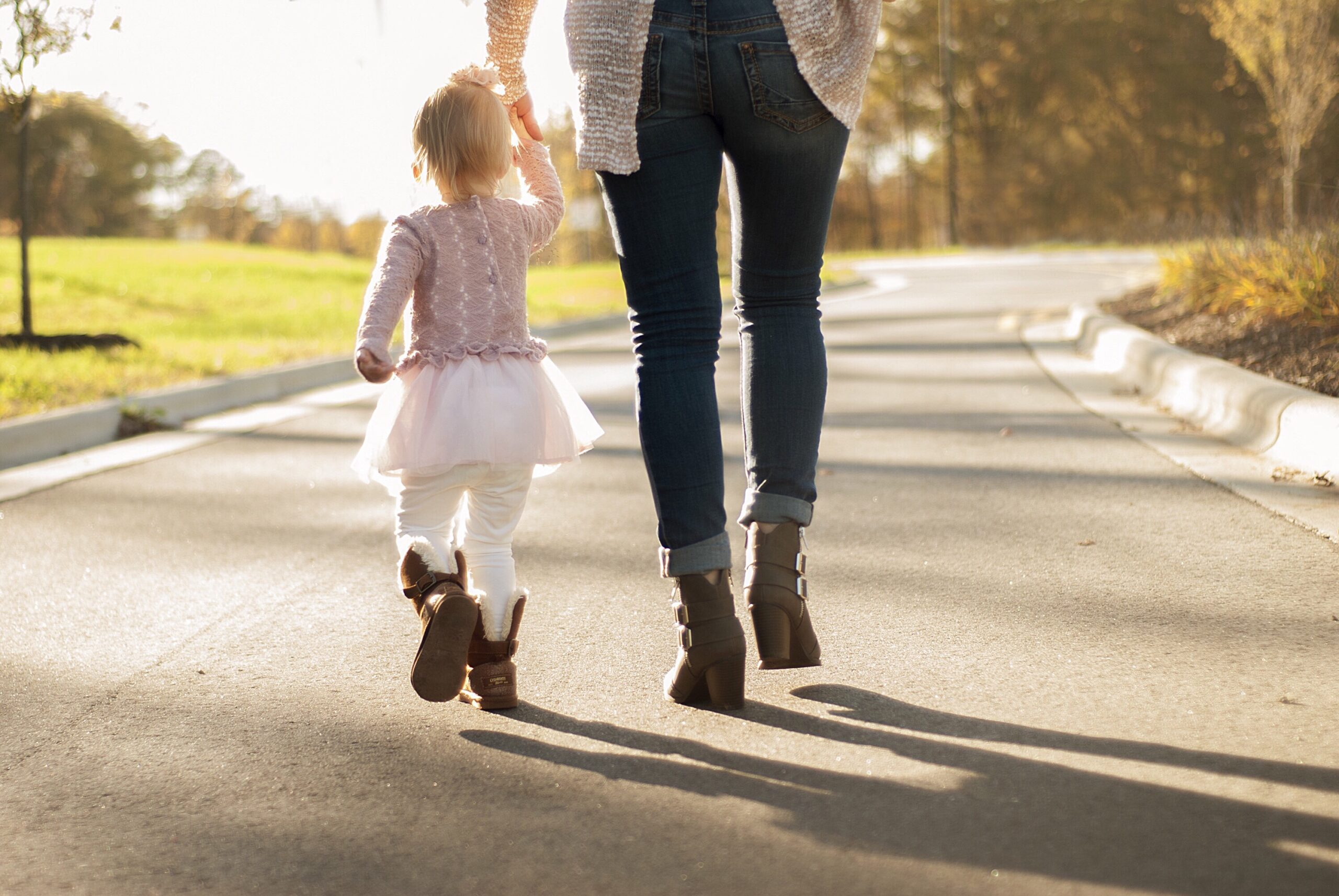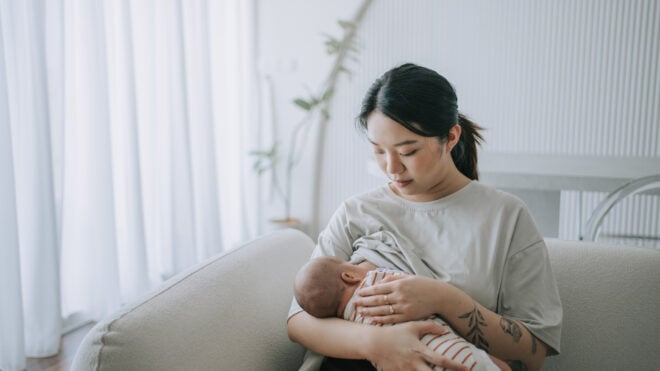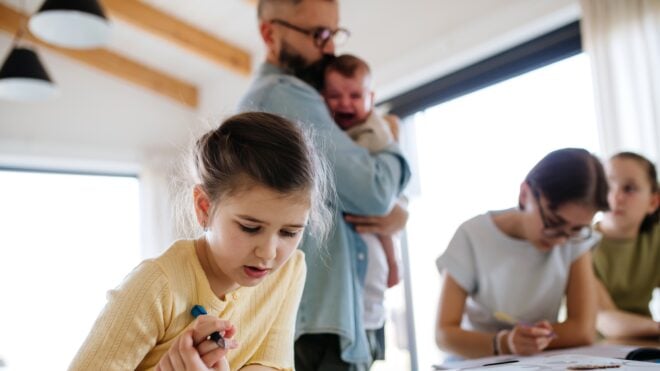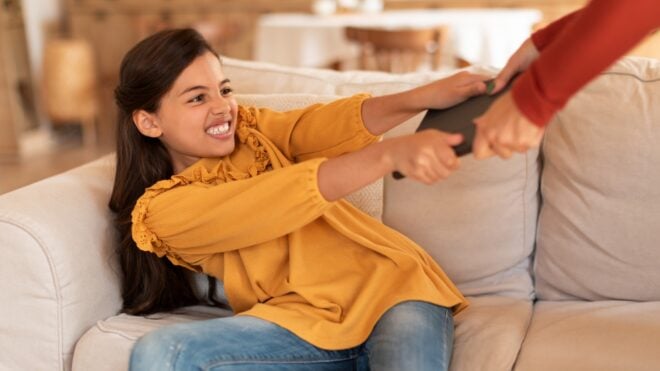
From the time I was 10 until I was 13 years old, I was sexually, verbally and physically abused by my stepfather. He was in our lives from the time I was 5 years old and I can distinctly remember being uncomfortable around him early on. The environment he seemed to thrive in was one of intolerance and negativity, and he was always putting my mom or someone in my family down. He taunted me about my size until I lost my “baby fat” at 10 years old, and then preyed on me for another reason. He waited for my mother to go on night shift to inflict himself upon me, while I cried and squeezed my eyes shut and begged to die so it would stop.
Vivid memories of these living nightmares played on repeat until I was in my early 20s and married to a man best described as a saint. He encouraged me to seek help, to take respite in him and to heal in a way I never dreamed was possible. In doing so, he was simultaneously making me feel safe—something I vowed I would ensure for my own children one day.
No one warns you about the second wave of pain and anxiety that comes from parenting after trauma in childhood. The wound becomes fresh all at once the moment they lay your child in your arms after delivery, because among the overwhelming emotions of joy, hope, love and peace, there is still the lingering fear that you might not be able to protect her from what happened to you. I’m sure my mother would have tried if she had known what was happening to me.
There is the lingering fear that you might not be able to protect her from what happened to you.
Finding out we were having a daughter after a difficult miscarriage was one of the most tender, incredible moments of our marriage so far. I knew she would have a father that would love and protect her in ways that were not possessive or demanding, but instead gentle and empowering. She would have the heart of a man who would do anything for her and expect nothing in return. In my quest to fulfill a dream of safety and this same love in my own childhood, I secured it for her.
As her mother, though, I’ve found navigating parenthood to be different from my peers who didn’t have the same traumatic background as I’ve had. So, I’ve had no one to consult when it comes to processing emotions and deciphering what is normal to feel in my attempts to protect my daughter and what borders on overly cautious or anxious. I’m thankful that I have no one to consult, of course, because it means that these sweet friends of mine have not battled the same demons that I have.
I find myself being incredibly worried about people’s affections towards her: I never demand she hug or kiss anyone if she doesn’t want to, and I’m working hard toward helping her develop an understanding that her body is her own. I don’t allow pictures of her posted on the internet without my consent. And, as adorable as her little squishy baby butt is—we own no pictures of it. These things, and others, are the constant reminders that even if I am going overboard, I am doing what I can to protect my girl from ever knowing what happens when people get lost in their power. I’m consistently on the lookout for behaviors in the children in my life that mimic those I was exhibiting. As a teacher, I’m both saddened and elated I’ve been able to identify and help students in similar situations as my own. Experience is the best teacher—but what a hellacious test to have been given from the start.
We don’t allow many people to be alone with her and find ourselves with an incredibly short list of babysitters for the time being. We will never blindly trust or spare an adult’s feelings when our daughter is at stake and have encountered a lot of flak from family members about our choices. We take comfort in our brand of uptight parenting, though, because even though we know we cannot prevent any harm from ever coming her way, we do know it will never be because we were not proactive.
When it was happening to me, I doubted God. I doubted God and feared every man who raised his voice, because I felt the man who was supposed to love me to the fullest abandoned me, and the man who my mother trusted to be with me while she was gone was vindictive, horrifying and manipulative. Despite all of this, we’re raising our daughter to know and believe people to be good, that God is great, and that vigilance and caution do not have to forsake happiness and peace.



